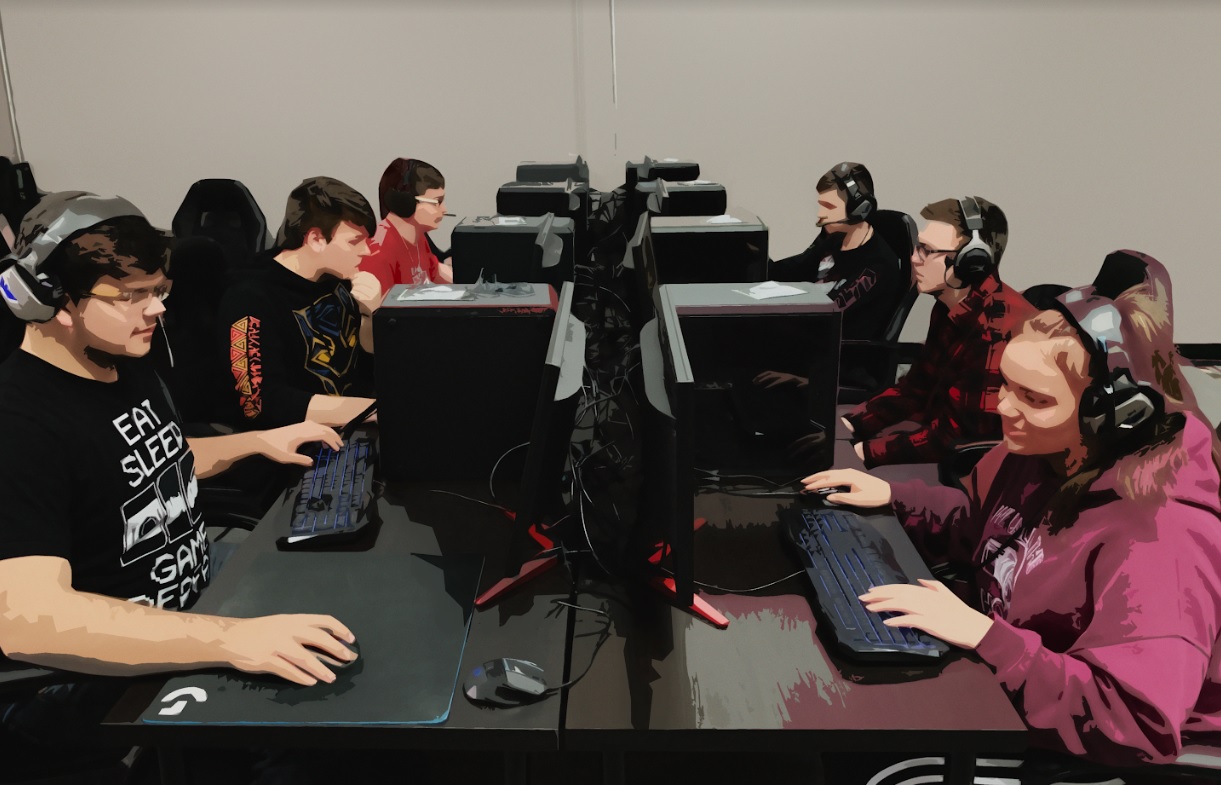Video games aren’t just a drag on a child’s study habits. Sometimes they can lead to college scholarships if your kid happens to be an esports star.
Tournament organizer High School Esports League (HSEL) has teamed up with the charitable organization Varsity Esports Foundation (VESF) to provide financial aid and opportunities for students across the country.

Unlock premium content and VIP community perks with GB M A X!
Join now to enjoy our free and premium membership perks.
![]()

![]()